As the pandemic rages on, technology companies have two choices: adapt or fail.




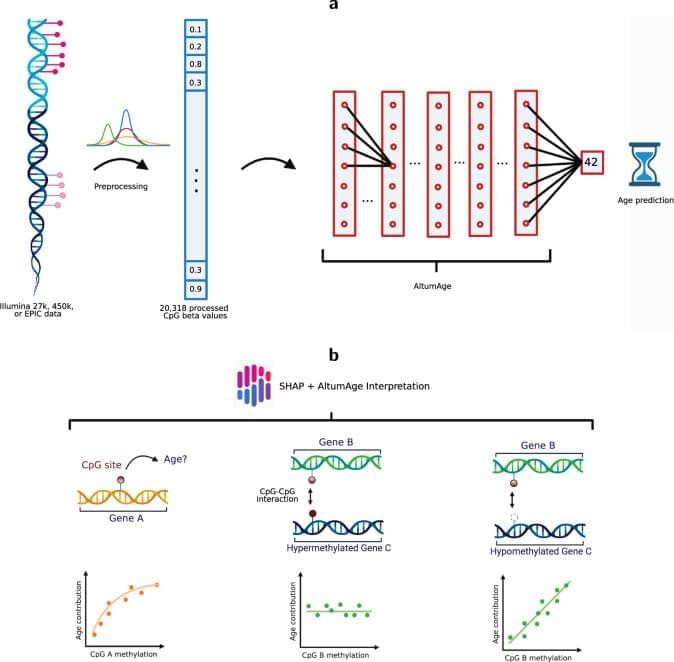
Next, we aimed to determine whether the model type, i.e., a linear regression vs. a neural network, would significantly impact the performance. We, therefore, compared the aforementioned linear models with the neural network AltumAge using the same set of features. AltumAge outperformed the respective linear model with Horvath’s 353 CpG sites (MAE = 2.425 vs. 3.011, MSE = 32.732 vs. 46.867) and ElasticNet-selected 903 CpG sites (MAE = 2.302 vs. 2.621, MSE = 30.455 vs. 39.198). This result shows that AltumAge outperforms linear models given the same training data and set of features.
Lastly, to compare the effect of the different sets of CpG sites, we trained AltumAge with all 20,318 CpG sites available and compared the results from the smaller sets of CpG sites obtained above. There is a gradual improvement in performance for AltumAge by expanding the feature set from Horvath’s 353 sites (MAE = 2.425, MSE = 32.732) to 903 ElasticNet-selected CpG sites (MAE = 2.302, MSE = 30.455) to all 20,318 CpG sites (MAE = 2.153, MSE = 29.486). This result suggests that the expanded feature set helps improve the performance, likely because relevant information in the epigenome is not entirely captured by the CpG sites selected by an ElasticNet model.
Overall, these results indicate that even though more data samples lower the prediction error, AltumAge’s performance improvement is greater than the increased data effect. Indeed, the lower error of AltumAge when compared to the ElaticNet is robust to other data splits (Alpaydin’s Combined 5x2cv F test p-value = 9.71e−5).


Discovering a system’s causal relationships and structure is a crucial yet challenging problem in scientific disciplines ranging from medicine and biology to economics. While researchers typically adopt the graphical formalism of causal Bayesian networks (CBNs) to induce a graph structure that best describes these relationships, such unsupervised score-based approaches can quickly lead to prohibitively heavy computation burdens.
A research team from DeepMind, Mila – University of Montreal and Google Brain challenges the conventional causal induction approach in their new paper Learning to Induce Causal Structure, proposing a neural network architecture that learns the graph structure of observational and/or interventional data via supervised training on synthetic graphs. The team’s proposed Causal Structure Induction via Attention (CSIvA) method effectively makes causal induction a black-box problem and generalizes favourably to new synthetic and naturalistic graphs.
The team summarizes their main contributions as:
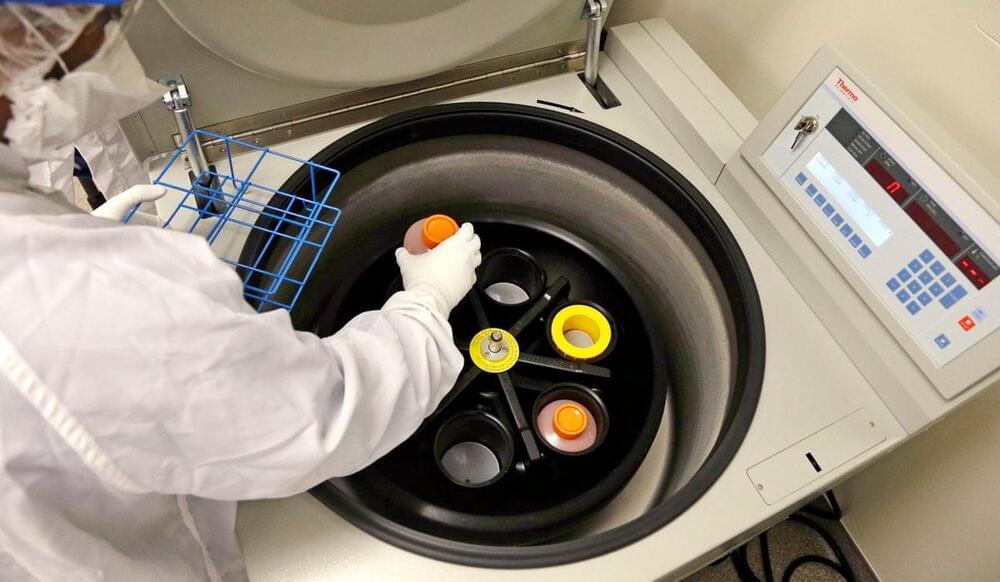
Aulos Biosciences is now recruiting cancer patients in Australian medical centers for a trial of the world’s first antibody drug designed by a computer.
The computationally designed antibody, known as AU-007, was planned by the artificial intelligence platform of Israeli biotech company Biolojic Design from Rehovot, in a way that would target a protein in the human body known as interleukin-2 (IL-2).
The goal is for the IL-2 pathway to activate the body’s immune system and attack the tumors.
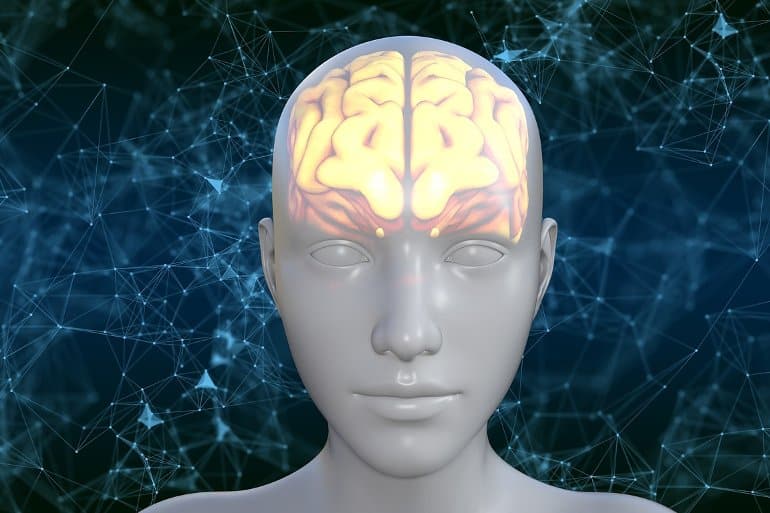
Summary: Glutamate binds to the subunits of its receptor only in specific patterns. The findings upend previous belief that each subunit binds glutamate independently and points to a new level of complexity in neurotransmission and drug response.
Source: Columbia University.
One of the most important molecules in the brain doesn’t work quite the way scientists thought it did, according to new work by researchers at Columbia University Vagelos College of Physicians and Surgeons and Carnegie Mellon University.
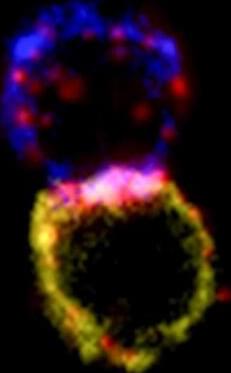
NEW ORLEANS— Donated immune cells mixed with a molecule that helps them home in on tumor cells have dramatically shrunk tumors in most of the 22 people with blood cancer who received experimental infusions. The results, reported yesterday at the annual meeting of the American Association for Cancer Research (AACR), are a new twist on cell therapies that harness a patient’s own immune cells to treat cancer. The new treatment is simpler to make than other cell therapies for advanced lymphoma, or cancer of the lymph system, the study’s leaders say.
“It’s an interesting idea,” says hematologist and oncologist Jeffrey Miller of the University of Minnesota, Twin Cities, who was a panelist at the plenary session where the work was presented.
CAR-T cells, immune cells genetically modified to carry a surface protein that helps them home in on cancer cells, are the best known cancer cell therapy. Although approved for some types of leukemia and lymphoma, CAR-T cells can cause serious side effects and must be custom-made from a person’s own T cells.
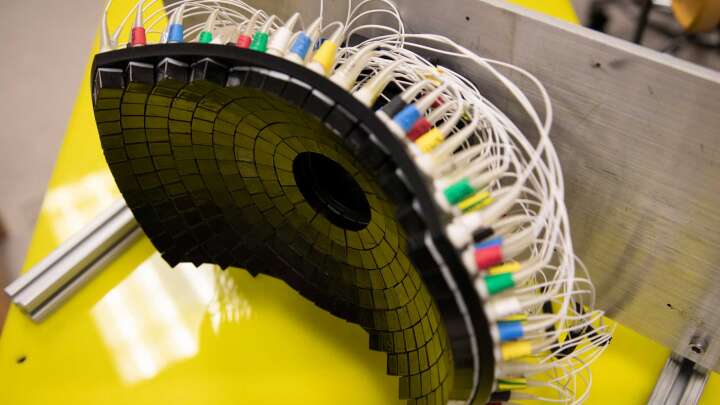
High-amplitude ultrasound pulses have been used to partially destroy liver tumors in rats, triggering the rodents’ immune systems to clear the remaining cancerous cells and prevent the disease from spreading or returning. Presenting their findings in the journal Cancers, the researchers behind this breakthrough say their technique could lead to effective, non-invasive treatments for some of the most intractable cancers in human patients.
Liver cancer certainly falls into that category, and is associated with a five-year survival rate of just 18 percent in the US. Though many treatment options are available, liver tumors have a tendency to metastasize or recur after these interventions.
In their study, the authors explain that conventional cancer treatments like chemotherapy, radiotherapy, and thermal ablation are effective at destroying tumors, yet also trigger a somewhat unpredictable immune reaction which can be anti-tumor or pro-tumor. Furthermore, they note that the size, location, and stage of a tumor can sometimes make it impossible to target the entire tissue mass with existing treatments.